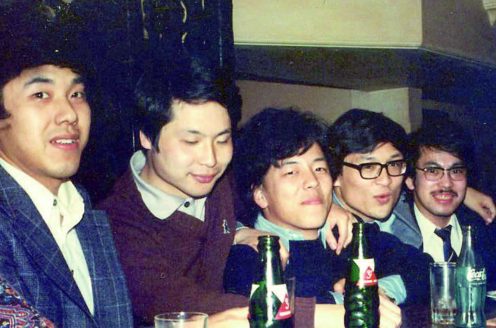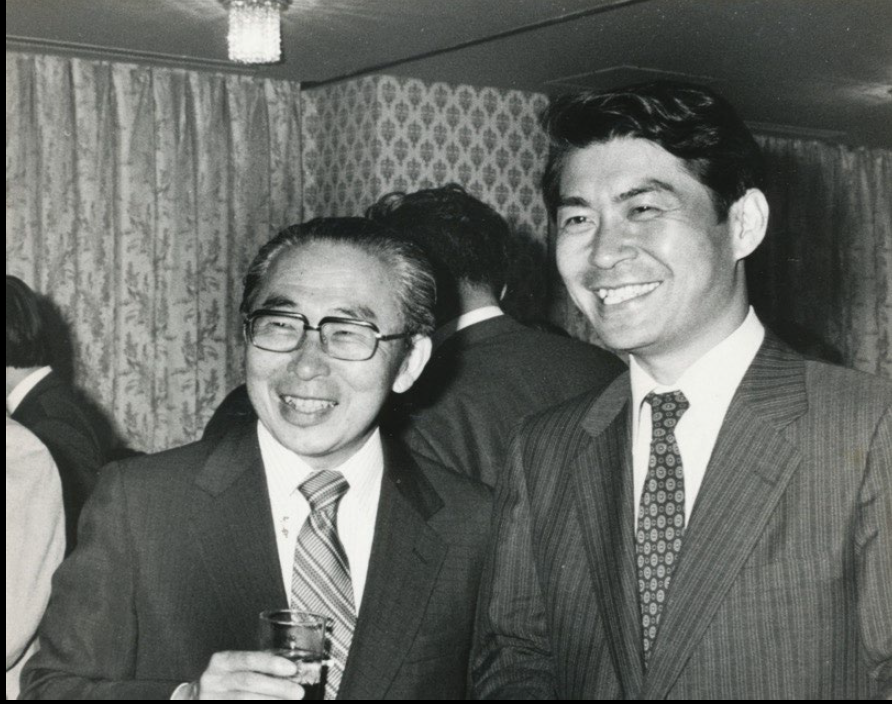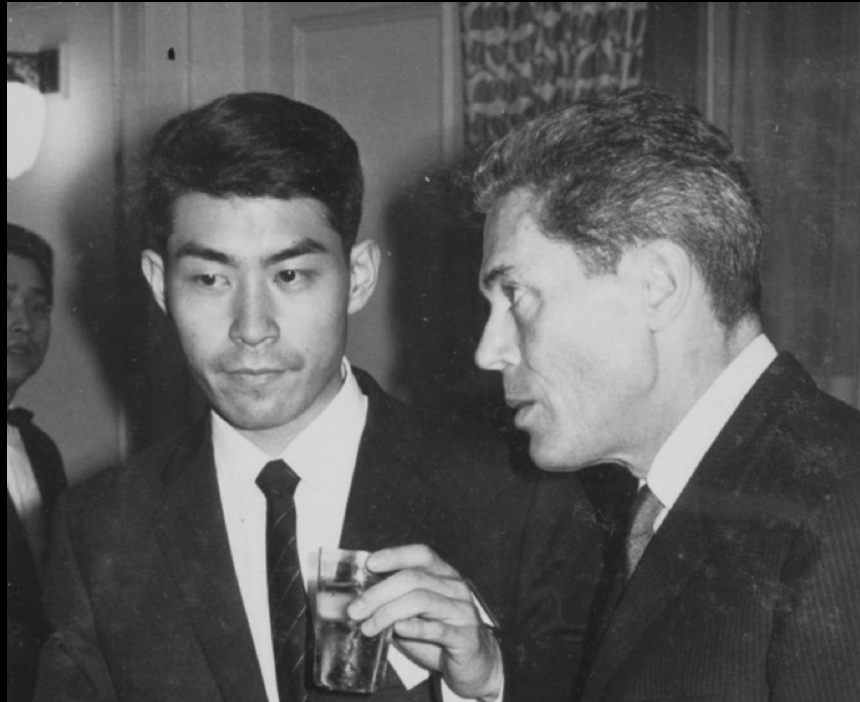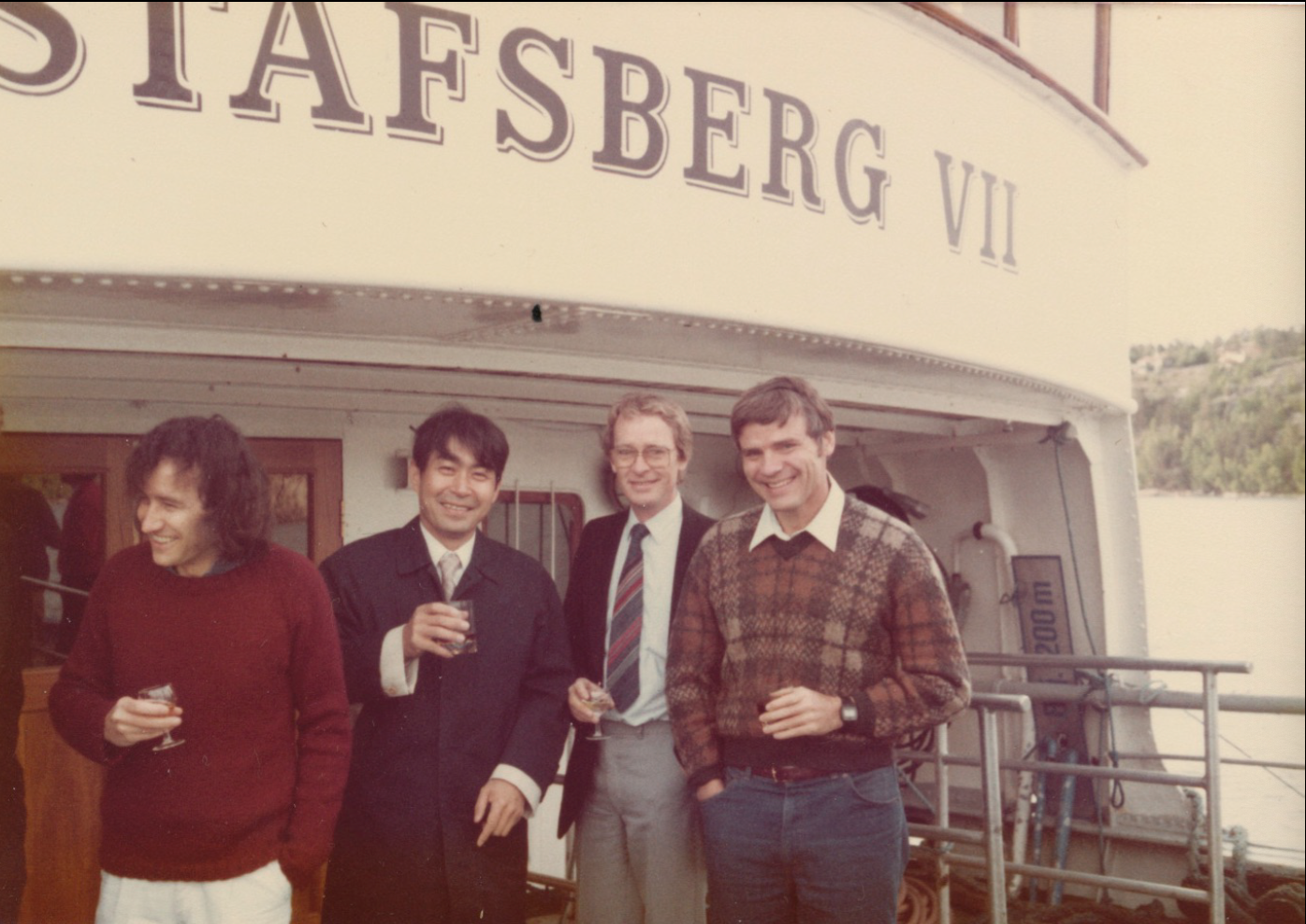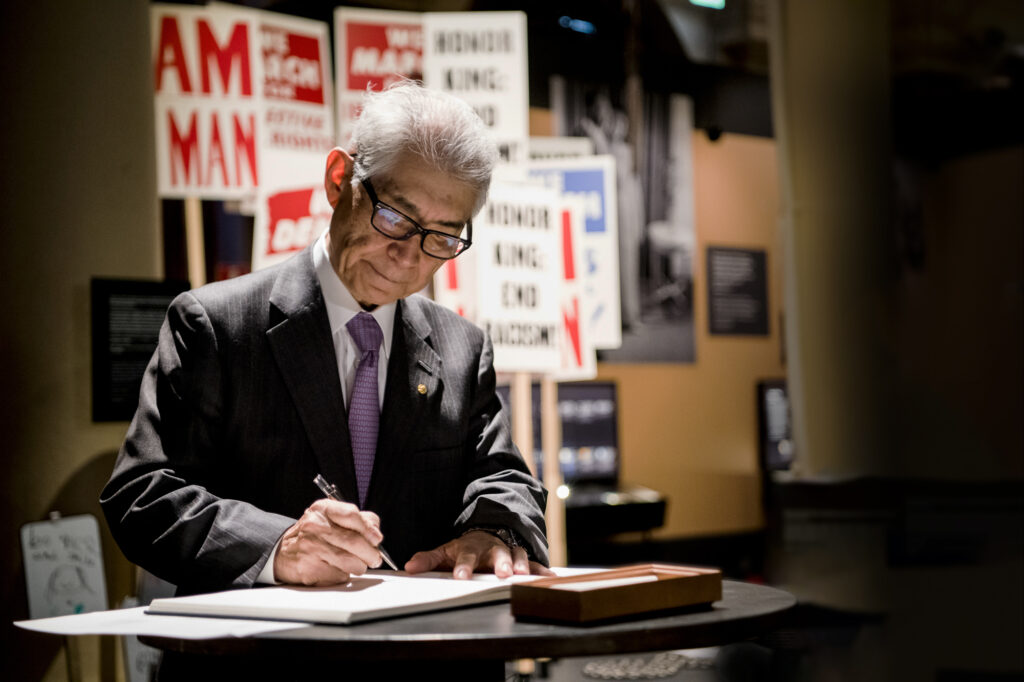A Lifelong Journey
Born in Kyoto in 1942, Tasuku Honjo completed his medical degree at Kyoto University in 1966, and continued to study medical chemistry with Osamu Hayaishi, one of the pioneers in biochemistry and enzymology who had worked with Arthur Kornberg, and Yasutomi Nishizuka, one of Hayaishi’s former students at Kyoto University. From 1971 to 1973 Honjo was a fellow at the Department of Embryology at the Carnegie Institution of Washington, and then became a fellow in the National Institute of Child Health and Human Development at NIH until 1974. Honjo received his PhD degree for medical chemistry from Kyoto University in 1975.
After returning to Japan, Honjo was first Assistant Professor at the Faculty of Medicine at the University of Tokyo between 1974 and 1979, then Professor in the Department of Genetics at the Osaka University School of Medicine, and finally was appointed in 1984 to the position of Professor in the Department of Medical Chemistry at the Faculty of Medicine of his alma mater Kyoto University—where he supervised many outstanding researchers in addition to conducting his own research.
After retiring from his position at the Medical Faculty of Kyoto University in 2004, Prof. Honjo continued his affiliation with Kyoto University as Professor for Immunology and Genomic Medicine through an endowed professorship position, and as Vice Director of the Institute of Advanced Studies. He was also an Executive Member of the Council for Science and Technology Policy (CSTP, now the Council for Science, Technology, and Innovation, CSTI) in the Prime Minister`s Office between 2006 and 2012. Between 2012 and 2017, he was also President of Shizuoka University, and since 2015 President of the Foundation for Biomedical Research and Innovation (FBRI).
Honjo started to work on the genetic foundation of the adaptive immune response while at the National Institute of Health (NIH) in the US, and he continued his work after moving back to Japan, eventually leading to a series of discoveries that led the basis of our understanding of immunoglobulin class-switch recombination and B-cell maturation. His laboratory further succeeded in the cloning of IL-4 and IL-5, important cytokines for class-switch recombination, as well as the IL-2 receptor alpha chain. In 1999, his team discovered Activation-Induced Cytidine Deaminase (AID), a gene-editing enzyme that is essential for both class switch-recombination and somatic hypermutation.
PD-1 was first cloned in Honjo’s lab in 1992 when studying differentially expressed genes involved in apoptosis. While PD-1 did not hold its initial promise as an apoptosis-inducing gene, after almost a decade of work, and after many surprising turns, Honjo was able to establish the PD-1 pathway as a negative regulator of tumor immunity—thus opening up an entirely new way to induce cancer immunity eventually leading to a revolution in cancer treatment.
For his achievements, Honjo was awarded numerous Japanese and international prizes and awards, including the Imperial Prize and the Japan Academy Prize in 1996, the Cultural Merit Award in 2000, the Robert Koch Prize in 2012, the Order of Culture in 2013, the Tang Prize in 2014 and the Kyoto Prize in 2016, to name a few. For the discovery of PD-1 and the invention of cancer therapy by inhibition of negative immune regulation, Tasuku Honjo was awarded the 2018 Nobel Prize for Physiology or Medicine together with James P. Allison.

